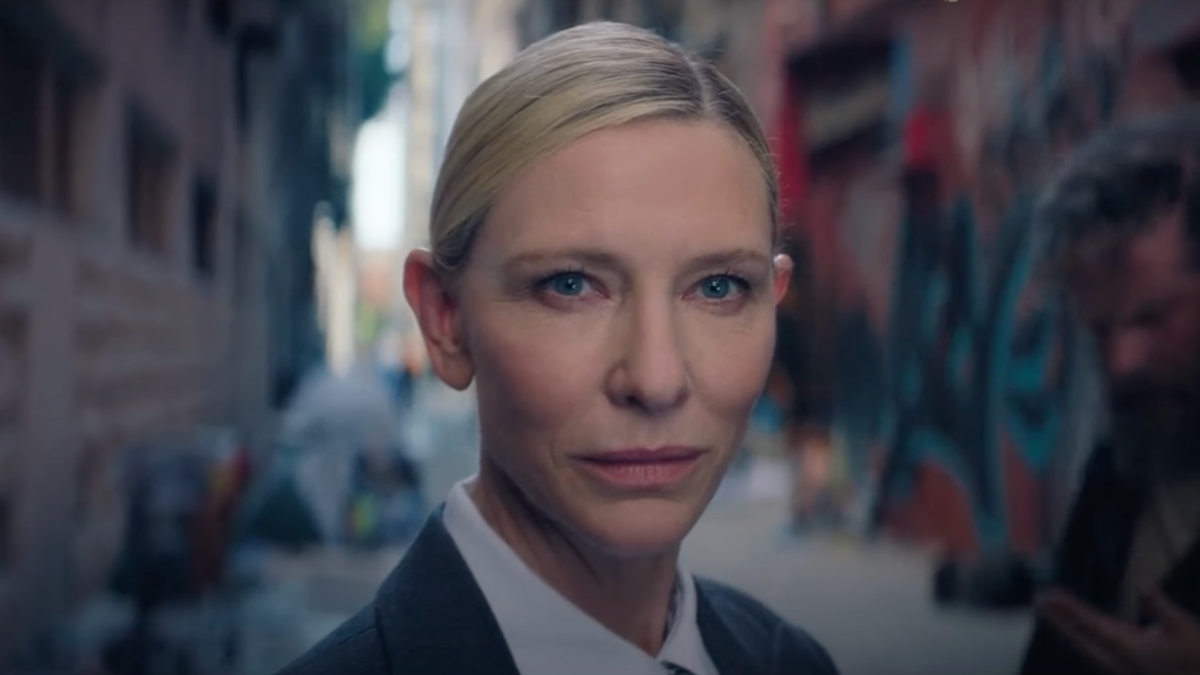Why <em>Squid Game</em> Shouldn’t Continue with an American Spin-off


Squid Game stood for something once. Like The Running Man, Battle Royale, and The Hunger Games before it, the 2021 South Korean series invented a deadly competition that gave its participants the chance to escape poverty. Somehow, creator Hwang Dong-hyuk dressed his dystopian drama’s dark plot in silly games and bright pastels and made it the most watched Netflix series of all time. The world loved Squid Game—how could it not? Lee Jung-jae is a generational talent. The games’ designs were clever and heartbreaking, and the series (sadly) connected with a lot of viewers who would likely risk their lives over and over again just to erase their debts.
Then Squid Game’s backbone slid right out of its skin and into the game’s incinerators. Clearly eager to build on season 1’s success (even though it told a relatively complete story) Netflix embodied the show’s villainous Front Man and bet that its audience would return to watch another round of killer children’s games. They likely paid Hwang so much money to helm two more seasons that he simply couldn’t walk away from Squid Game and spin another ingenious new tale. And now you can even play the games in a tone-deaf reality competition series! Next up? David Fincher will reportedly helm an English-language spin-off of Squid Game in which the deadly tournament continues its shady operations in America.
This is a terrible idea. Not financially, of course. The Netflix bigwigs are likely swimming in liquid gold over at the Tudum estate. An American Squid Game spin-off is doomed before it even begins production—because the show’s once-potent anti-capitalist message fades more and more with each new installment.
Look no further than the evolving depiction of the VIPs throughout the series. In season 1, the wealthy stakeholders are overexaggerated, perverted sportsmen. They equate the contestants to nothing more than horses in a race that you put down after they twist their ankle. But in season 3, the VIPs are softened significantly—and even deployed for comedic effect. Before Gi-hun’s death, they cheer on their favorite contestants as if they’re sitting next to the viewer on their couch. And when Lee Jung-jae declares that “we are not horses, we are humans,” the VIPs simply watch in silence as he falls to his death—never to return to the screen again.
It’s tough to say what message Squid Game wants its audience to walk away with here. The simple answer is exactly what Gi-hun tells them—the 1 percenters among us need to humanize the other 99 percent—but it doesn’t mean squat if Gi-hun just sacrifices his own life in deflated protest. We shouldn’t treat humans this way … and yet here’s Squid Game season 3. The evil games must end … but now they continue in America. Any power from Gi-hun declaring that he won’t play their sick, twisted games anymore is placed in the gift-box coffin along with his corpse as Netflix packs up and moves their empire to a new location.

If you fail this game in the show, you’re dead.
For most Squid Game viewers, I’d bet, the show'’ socioeconomic messaging isn’t exactly something that keeps them up at night. When I went to the Squid Game season 3 premiere in New York City, actors portraying pink guards paced the aisles and played rock, paper, scissors with the audience. Fans even lined up to take photos with the guards before a scary voice beckoned us to turn off our cell phones—lest we face the consequences. And when Lee Jung-jae went the entire episode without speaking a single line, every one of his ferocious stare-downs was met with laughs from the crowd. Maybe Squid Game season 3 should submit as a comedy at the Emmy Awards this year. Because when Cate Blanchett winded up her slap like Raggedy Ann in the series finale, I burst out cackling in disbelief myself.
Here’s a thought: Is the evil of Squid Game simply that the games exist? From my understanding of the show’s celebrated first season, the true villains were crippling, inescapable debt and a society that’s unwilling to do anything about it. Hwang wrote about the terrifying lengths humanity would go to acquire wealth and how easily we can lose our empathy for others in that pursuit. Then Netflix went ahead and tripled down on its ambitions for the show, presumably in the quest of more wealth—and it came at the expense of the quality of the series. (It’s no surprise that seasons 2 and 3 weren’t particularly well reviewed by critics.)
Regardless, when Squid Game hits America’s shores, I can’t imagine how deadly rounds of dodgeball; jacks; and duck, duck goose will explain what the hell is going on in this country.
esquire





